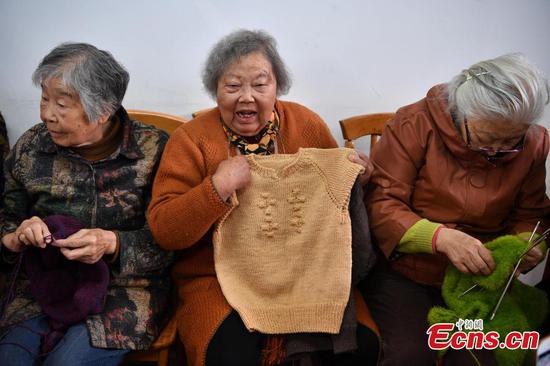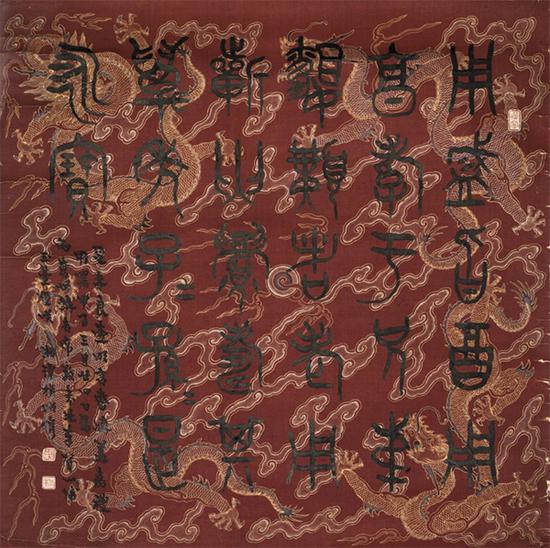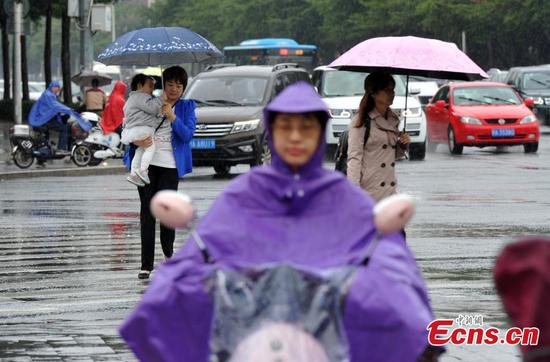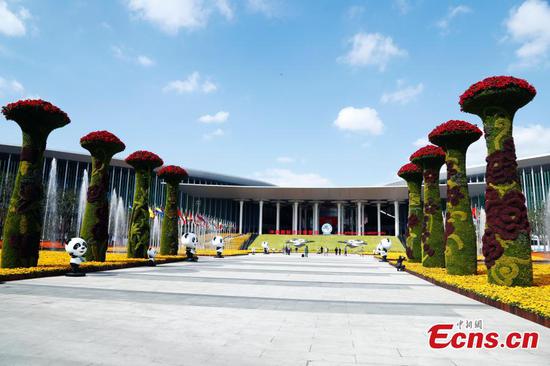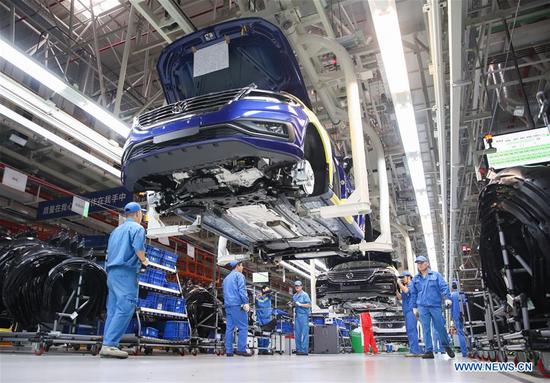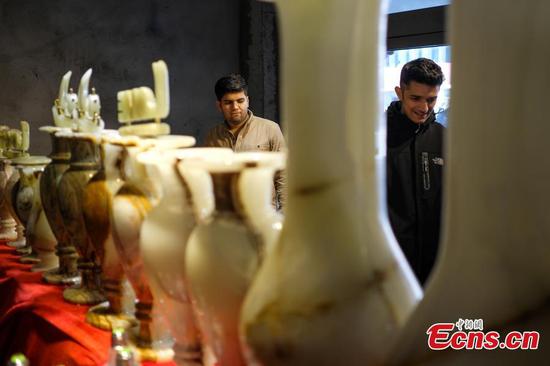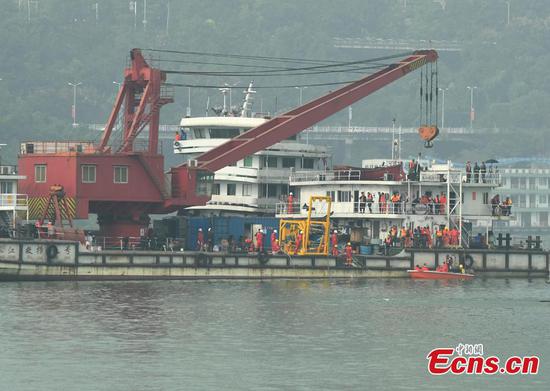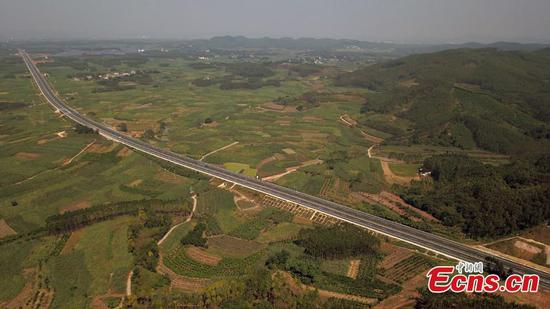President Xi Jinping has reassured the country's private sector with pledges of substantial policy support including tax cuts and easier financing to crank up a vital engine of the world's second largest economy.
In a headline-making speech at a symposium Thursday, Xi reaffirmed "unswerving" support for the development of private enterprises "toward a broader stage" and said difficulties facing the private sector "will surely be solved through development."
A HISTORIC SYMPOSIUM
The authorities often invite private business owners to such symposiums to listen to concerns, exchange opinions and discuss targeted policies. Still, here it is considered rare due to its high-profile participants and profound implications.
The gathering brought together senior officials, leading entrepreneurs and bankers. Above all, it was the first symposium on private businesses presided over by Xi since late 2012 and culminated in a series of Xi's commitment of support for the private sector.
It's not hard to explain such special attention: private businesses are vital and in need of help. A look at the statistics would show that the non-public sector accounts for 80 percent of employment, 70 percent of technological innovations, 60 percent of economic output and 50 percent of tax revenue.
"The private sector's contributions are undeniable for the country to be able to make miraculous achievements in economic development," Xi said in his speech during the two-hour dialogue.
As growth uncertainties have been on the rise, downward pressures have increased and companies have been facing more difficulties. The symposium was held in time to chart the course for greater policy support.
"It's an unprecedented meeting with great importance," said Chang Zhaohua, vice chairman of the All-China Federation of Industry and Commerce, after attending the symposium.
"We have been greatly encouraged by his determination to help us solve our problems concerning funding, market access and transformation," Chang told China Business Times.
STANCE UNCHANGED
Addressing entrepreneurs at the meeting, Xi did not shy away from market concerns about China's stance on private businesses, pledging unwavering effort to "encourage, support and guide the development of the non-public sector."
"We hold the meeting today to draw on collective wisdom, enhance confidence, and maintain and reinforce the sound trend of private economy," Xi said.
From financing barriers to relatively hefty taxes, a raft of problems that private businesses encounter were discussed and tackled.
Shandong Hetong Information Technology, a Jinan-based tech firm, has been plagued by high receivables in deals with big state firms and government agencies, a difficulty cited by Hetong's chairman Geng Zhe but shared by many other small and medium-sized enterprises (SMEs).
"The problem needs high attention, government departments and state firms can not just leave bills unpaid," Xi said. "Local governments defaulting on their payments also can be blacklisted. The central authority supports you in demanding the payment and will help you sue them if they still defer payment."
Xi called those issues obstacles in the process of development and growing pains for the country, which will definitely be solved through development.
FUTURE BRIGHTENED
A string of measures were unveiled at the symposium to offer private businesses an assured future.
Business burdens will be eased, with substantial tax cuts; financing for private firms will no longer be hard and costly; a level playing field will be built and improved; policies will be more effective with solid implementation; the relationship between government and business will be cordial and clean; entrepreneurs' property and safety will be ensured.
"We are reassured. As long as there is policy certainty, we can proceed with confidence, work without distractions and get over difficulties," said Liu Jiren, board chairman of Neusoft, a Shenyang-based IT company.
Earlier this week the World Bank ranked China as a top-50 economy in the world for ease of doing business, due to a record number of reforms carried out last year.
"China has made rapid progress in improving its business climate for domestic SMEs in the past year. The progress signals the value the government places on nurturing entrepreneurship and private enterprises," said Bert Hofman, World Bank country director for China.
Liu Yi, chairman of Anhui ActBlue, said: "Engaged in exhaust gas treatment, we are fully confident in the future of the industry and our company. The company will continue to innovate and strive for greater growth amid a national drive to quality development."









